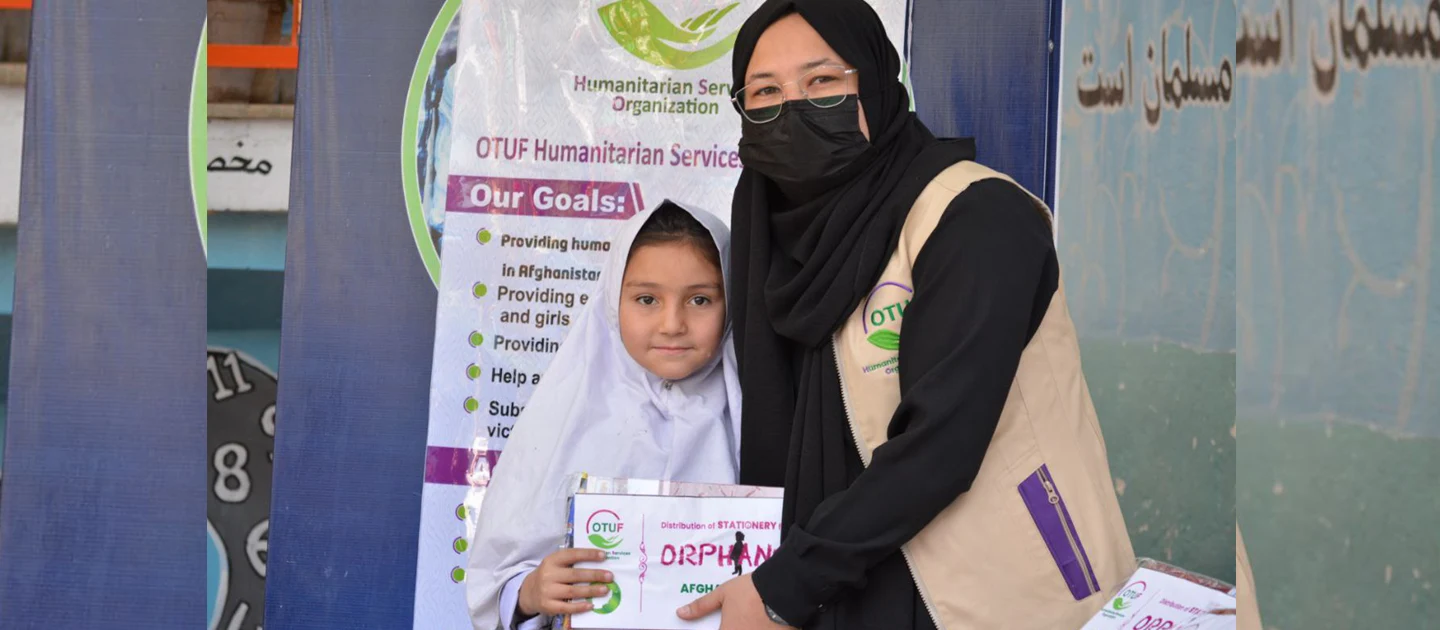Stationary Packages Provided to Orphaned and Financially Challenged Children
Introduction:
OTUF Humanitarian Services Organization (OHSO) is committed to providing aid and support to underprivileged communities. As part of our mission, we recently undertook a project to provide stationary packages to 60 orphaned and financially challenged children who were studying in school. These packages included necessary stationery items that every student requires and are considered essential for their education.
Project Objectives:
The primary objective of the project was to provide stationary packages to 60 orphaned and financially challenged children who were studying in school. These packages were designed to include essential stationery items such as notebooks, pencils, pens, erasers, rulers, and sharpeners. The aim of this project was to help these children access the necessary stationery items for their education and improve their learning outcomes.
Project Implementation:
The project was implemented in the following manner:
1. Identifying the children: The first step in the project was to identify the orphaned and financially challenged children who would benefit from the stationary packages. This was done in collaboration with local community organizations and schools.
2. Collecting donations: The second step was to collect donations of stationery items from members of the community. This was done through an outreach campaign that sought donations from individuals, organizations, and businesses.
3. Sorting and packaging: Once the donations were received, they were sorted and packaged into stationary packages according to the number of children in each school.
4. Distribution: The final step of the project was the distribution of the stationary packages to the identified children. This was done in a festive manner, with volunteers from the community helping to distribute the packages.
Project Outcomes:
The project was successful in achieving its objectives. The provision of stationary packages to 60 orphaned and financially challenged children helped these children access the necessary stationery items for their education and improve their learning outcomes. The project also raised awareness about the needs of orphaned and financially challenged children in the community and encouraged community involvement in supporting them. The project was well-received by the community, with many individuals and organizations expressing interest in supporting similar projects in the future.
Conclusion:
The provision of stationary packages to orphaned and financially challenged children was a successful project that helped these children access the necessary stationery items for their education and improve their learning outcomes. The project achieved its objectives of providing stationary packages to identified children, promoting community involvement, and raising awareness about the needs of orphaned and financially challenged children. The project was made possible through the generous donations of community members and the hard work of volunteers who helped to sort and distribute the stationary packages. We hope that this project will inspire others to take action to support orphaned and financially challenged children in their community.

